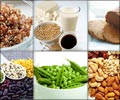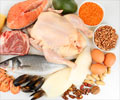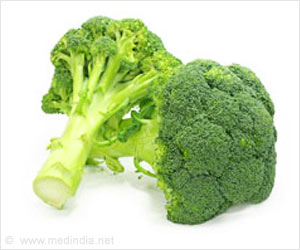Calorie-rich food items are more distracting than less energy-dense food. Study shows that sugary, fatty foods are a distraction more so than low-calorie food.

‘The study claimed that we rapidly and implicitly assessed the nutritional value of food items when we see images of energy-rich food.’





In this study, 18 participants had to classify a set of four symbols with no connection to food. These were presented to them on a computer screen as either digits or letters. Somewhere during the execution of this task, a picture of food irrelevant to the classification process was randomly flashed on the screen. This picture required no specific response from participants. These images varied in their nutritional content - from low energy to ordinary food and high-energy snacks. The researchers found that participants were more distracted by images of energy-dense foods than by ones depicting non-food objects or low-energy snacks."This suggests that participants rapidly and implicitly assessed the nutritional value of the distractor images presented to them, even when they were entirely irrelevant," says Cunningham.
In a similar experiment, eighteen new participants ate two small ("fun-sized") candy bars before completing the same tasks. These participants were not as distracted by the energy-rich images flashed on the screen as the participants in the first study.
"When interesting food stimuli are entirely irrelevant to a task, they still cause some kind of disruption," notes Cunningham. "Our results also provide strong evidence for distraction by foods that have a higher energy density, even when they are entirely irrelevant to a task." In a follow-up third experiment with 64 total participants, the images of low-energy food were replaced by faces showing fear and disgust. Participants who had had nothing to eat beforehand were more distracted by images of energy-dense foods than by any other item, including those of emotionally charged faces. This was not the case when they had received a snack before being tested.
So why did eating a candy bar eliminate the attention-capturing power of energy-dense food? "The answer has to do with a person's motivational state," says Egeth. "Recent research has shown that when an ordinarily rewarding stimulus such as chocolate is devalued, attention is no longer oriented towards this reward-associated stimulus."
Advertisement
Source-Eurekalert















